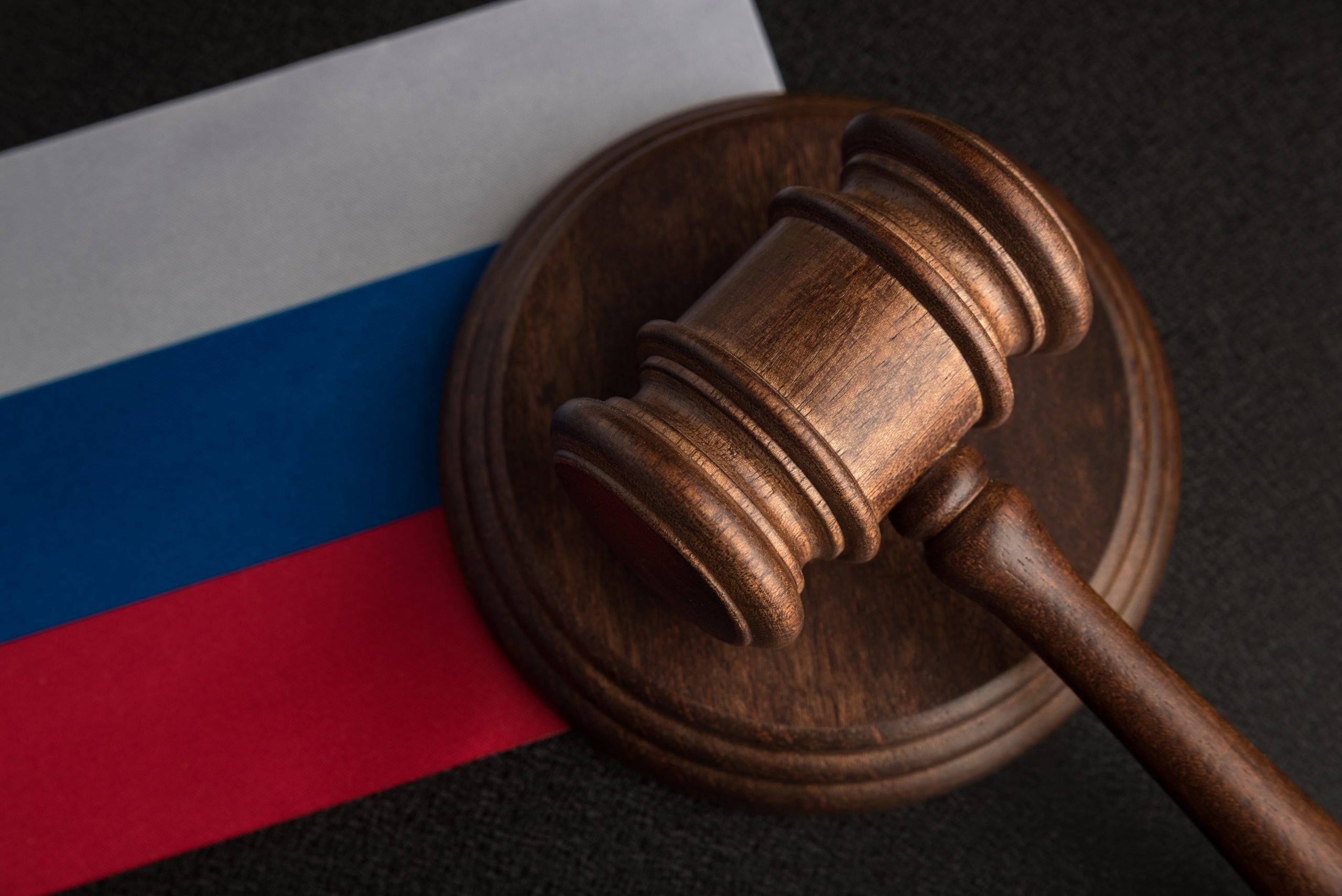
Florida Court Denies Recognition of Russian Judicial Decision on Subsidi...
On April 22, 2025, the Miami-Dade County Court (Florida) refused to recognize and enforce a decision of the…

January 17, 2023, Russian President has signed an Executive Order No. 16 “On Provisional Measures applied in the Decision-Making Process of Certain Russian Legal Entities” (“Order”) (effective immediately and until December 31, 2023).
The Order provides for the right of certain Russian legal entities’ collegiate decision-making bodies (board of directors or shareholders meeting) to resolve that votes of directors or shareholders of these Russian companies that are citizens or residents of (or connected to) “hostile states” (“hostile state persons”)[1] will be disregarded for the purposes of corporate decision-making by a company.
It means that voting rights of a member of board of directors or a shareholder being a hostile state person (or an appointee thereof) will be disregarded in the counting of votes at a meeting. Moreover, such individual or legal entity will not have an impact on a quorum of a meeting and other directors or shareholders can form a quorum.
However, the Order is applicable only to Russian legal entities when all the following conditions are fulfilled: the entity is engaged in the energy sector (including electric power), mechanical engineering or trade; hostile states have imposed sanctions on its ultimate beneficiary owner or controlling person; hostile-state persons own less than 50% of shares of this entity; total revenue for the year prior to the resolution to disregard a hostile-state person’s votes exceeds 100 billion of Russian rubles.
It is important to mention that such resolution of a Russian legal entity prevails over that legal entity’s Charter, Shareholders Agreement, or any other constituent document, including substantial provisions of law applicable to Shareholders Agreements.
Who is a “hostile state person”?
Pursuant to Section 2(в) of the Order, a “hostile state person” is a non-Russian individual or legal entity connected to a “hostile state”. Such connection includes (but is not limited to) the cases when:
There are several groups of individuals and legal entities that are not considered hostile state persons under the Order. Russian citizens or persons controlled by them; persons (personal law (lex societatis) of which is a non-hostile state law) that had maintained control over hostile state persons prior to March 1, 2022; or persons that were under control of persons, personal law (lex societatis) of which is a non-hostile state law before March 1, 2022; or the persons that were under direct control of non-hostile state prior to March 1, 2022.
[1] As per the list of “hostile (unfriendly) states” found in frequently updated Decision of the Government of the Russian Federation No. 1230-p dated May 13, 2021 (currently includes 49 countries).